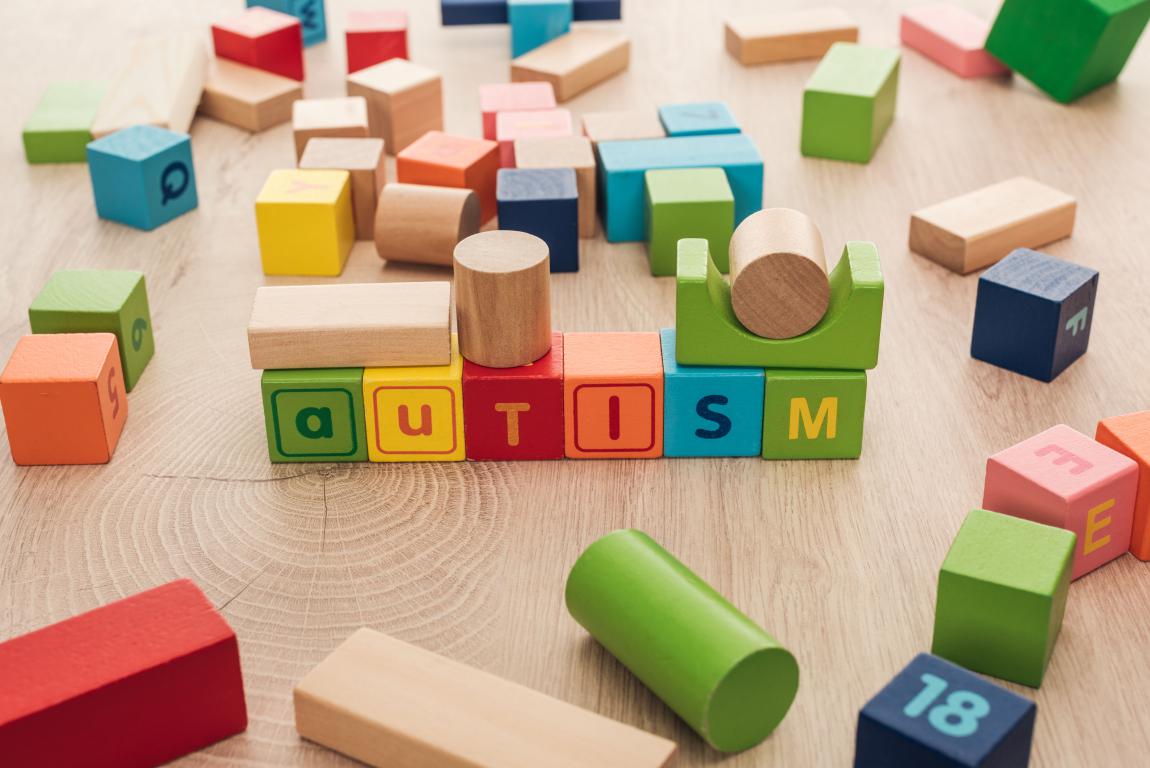Bio-degradable cards
Every card imaginable!
|
Bio-degradable cards Every card imaginable! Understanding ASD: Common Questions Answered
Understanding Autism Spectrum Disorder (ASD): What You Need to KnowAutism Spectrum Disorder (ASD) is a complex condition that affects individuals differently, making it a topic of interest and concern for many people. In this article, we answer 16 commonly asked questions about ASD, providing fresh and informative answers. The questions are grouped into four categories for easier navigation. 
What is Autism Spectrum Disorder (ASD)?
What are the early signs of ASD in children?Early signs of ASD can be observed as early as infancy, but they often become more noticeable in toddlers. Common signs include delayed speech development, limited eye contact, lack of interest in social interactions, repetitive movements (like hand-flapping), and unusual responses to sensory experiences. Every child develops differently, so it's important to consult a healthcare professional if there are any concerns.
How is ASD diagnosed?ASD is diagnosed through a combination of behavioural assessments and developmental screenings. There is no single medical test, such as a blood test, to diagnose the disorder. Doctors look at the child’s behaviour, communication skills, and development through structured observation and questionnaires. Diagnosis typically involves a team of specialists, including paediatricians, psychologists, and speech therapists, to get a comprehensive understanding of the individual’s condition. 
Living with Autism Spectrum Disorder: Day-to-Day Challenges and Support
How does ASD affect daily life?ASD can impact daily life in various ways, depending on the individual’s symptoms and the support they receive. For some, routine tasks like dressing, eating, or commuting may pose challenges due to sensory sensitivities or difficulty with motor skills. Social interactions can also be stressful, as individuals with ASD may struggle to interpret non-verbal cues or maintain eye contact. However, many people with ASD develop coping mechanisms and, with the right support, can lead fulfilling lives.
What are common behavioural traits in individuals with ASD?Individuals with ASD may exhibit a range of behavioural traits, such as repetitive movements (e.g., rocking, spinning), strong preference for routines, and intense focus on specific interests or topics. These behaviours often serve as coping mechanisms to manage anxiety or sensory overload. While these traits can sometimes be disruptive, they are a natural part of the individual’s way of interacting with the world and can be managed with the right strategies.
How can parents support a child with ASD?Supporting a child with ASD involves understanding their unique needs and advocating for them in various settings, such as school and social environments. Establishing routines, using visual aids for communication, and providing positive reinforcement can help manage challenging behaviours. Parents should also seek out support groups, early intervention programmes, and professional guidance to navigate the complexities of raising a child with ASD.
What role does early intervention play in managing ASD?Early intervention is crucial in helping children with ASD develop essential skills. Programmes that focus on improving communication, social interaction, and cognitive abilities can significantly impact a child’s development. The earlier these interventions begin, the better the outcomes in terms of the child’s ability to learn new skills and reduce behavioural challenges. Early intervention can include speech therapy, occupational therapy, and specialised educational programmes tailored to the child’s needs. 
Social and Educational Support for Individuals with ASD
How can schools support students with ASD?Schools play a vital role in supporting students with ASD. By providing an inclusive and accommodating environment, schools can help these students thrive. Strategies include creating personalised learning plans, offering additional support staff, and ensuring that the school environment is sensory-friendly. Teachers should be trained to understand ASD and use visual aids, clear instructions, and positive reinforcement to support learning. Collaboration with parents and specialists is also essential to tailor the educational experience to the student’s needs.
What types of therapies are beneficial for individuals with ASD?Several therapies can benefit individuals with ASD, depending on their specific needs. Speech and language therapy can help improve communication skills, while occupational therapy focuses on developing motor skills and daily living tasks. Applied Behaviour Analysis (ABA) is another common therapy that uses positive reinforcement to encourage desirable behaviours. Social skills training can also be beneficial in helping individuals with ASD navigate social interactions.
How can peers support individuals with ASD?Peers can play an important role in supporting individuals with ASD by promoting inclusion and understanding. Encouraging patience, kindness, and empathy can help create a more supportive environment. Simple actions, such as offering to explain social cues or including a classmate with ASD in activities, can make a big difference. It’s also important for peers to educate themselves about ASD to avoid misunderstandings and promote a culture of acceptance.
What employment opportunities are available for adults with ASD?Adults with ASD can excel in various employment settings, particularly in roles that align with their strengths, such as attention to detail, strong memory, or analytical thinking. Some industries, like technology, data analysis, and design, may be particularly suited to individuals with ASD. Employers can support employees with ASD by offering clear instructions, structured environments, and flexibility. There are also organisations that specialise in connecting individuals with ASD to employers who value neurodiversity. 
Health and Well-being: Long-term Considerations for Individuals with ASD
What are the common co-occurring conditions with ASD?Individuals with ASD often have co-occurring conditions, such as anxiety, depression, ADHD, or epilepsy. These conditions can complicate the management of ASD and require additional medical attention. For example, sensory processing disorders are common, where individuals may be overly sensitive or under-responsive to sensory stimuli. Addressing these co-occurring conditions is essential for improving the overall well-being of individuals with ASD.
How does ASD affect mental health?ASD can significantly impact mental health, with many individuals experiencing higher levels of anxiety, depression, and stress compared to the general population. The challenges of social interaction, communication difficulties, and sensory overload can contribute to these mental health issues. It’s important for individuals with ASD to have access to mental health services that are tailored to their needs, such as counselling, cognitive behavioural therapy (CBT), and support groups.
What is the life expectancy of individuals with ASD?Life expectancy for individuals with ASD varies and can be influenced by co-occurring conditions and the level of support they receive. While ASD itself doesn’t affect life expectancy, associated health issues, such as epilepsy or mental health conditions, can have an impact. Ensuring that individuals with ASD receive appropriate medical care, support for co-occurring conditions, and a safe living environment can improve their quality of life and longevity.
How can individuals with ASD improve their quality of life?Improving quality of life for individuals with ASD involves a combination of support, therapy, and self-care strategies. Building strong support networks, both professionally and personally, is key. Engaging in activities that align with their interests, practising self-regulation techniques, and developing coping strategies for managing stress can all contribute to a better quality of life. Access to appropriate healthcare, ongoing education, and employment opportunities also play a significant role in enhancing well-being. 
The Importance of Understanding and Supporting ASDASD is a lifelong condition that affects individuals in various ways. Understanding ASD and providing the right support can make a significant difference in the lives of those affected by it. Whether through early intervention, tailored education, or workplace accommodations, the goal is to ensure that individuals with ASD can lead fulfilling lives. By fostering a society that values neurodiversity and promotes inclusion, we can help create opportunities for individuals with ASD to thrive in all areas of life. If you have more questions about ASD or are seeking further information, it’s always helpful to consult with healthcare professionals or reach out to local support organisations that specialise in autism care and advocacy.
© 2024 The Card Project Uk Ltd
VAT: 453 2087 06
|